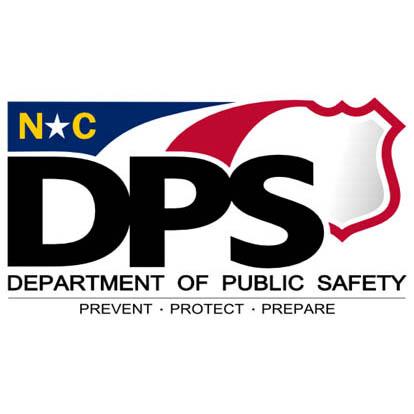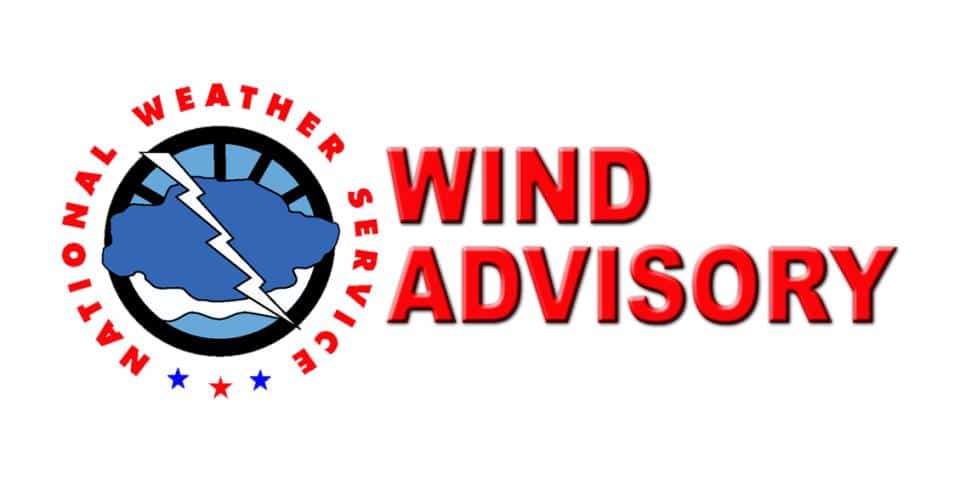
Last Updated on September 27, 2022 1:47 pm
RALEIGH – North Carolina is preparing for heavy rainfall and possible flooding on Friday and Saturday from the remnants of Hurricane Ian. Governor Cooper reminds residents that now is the time to complete their personal preparations.
“While we don't yet know exactly how this storm will impact our state, it's clear that this will be a significant rain event for much of North Carolina and now is the time for people to get prepared,” said Governor Cooper. “We are tracking the storm closely and strongly encourage everyone across the state to have an emergency kit and emergency plan in place.”
The State Emergency Response Team will activate Thursday at the State Emergency Operations Center in Raleigh and plans to move to 24-hour operations on Friday morning.
“We are coordinating with our partners in government and the non-profit and private sectors to make sure we are ready to support local communities through whatever Ian brings,” said State Emergency Management Director Will Ray.
Residents are advised to stay aware and keep a close eye on the forecast for the next several days. With each passing day, Ian’s expected impacts to North Carolina become clearer.
Rain chances will increase across southeastern North Carolina Thursday night, with the most widespread rainfall expected on Friday and Saturday. Much of North Carolina is forecast to see 2-5 inches late this week and weekend, but 5-7 inches or more will be possible near the coast and along the Blue Ridge Escarpment.
These rainfall totals could lead to localized flash flooding, landslides in the mountains, and rises on main-stem rivers. Rainfall totals and the timing of the heaviest rain could be adjusted based on the eventual track of Ian.
Gusty winds, isolated tornadoes, minor coastal flooding, and hazardous marine conditions will also be possible late this week and weekend as Ian moves through the region. Isolated downed trees and power outages will be possible due to gusty winds and saturated soils.
State officials advise these tips to make sure your family is personally prepared:
- Have multiple ways to receive emergency info, including watches and warnings. Make sure emergency alerts are enabled on your cell phone and download a weather app.
- Have an emergency plan. Know where you would go if you need to evacuate. Make a plan to stay with family, friends or at a hotel. Public shelters should be a last resort.
- Gather some emergency supplies or refresh your emergency kit. Visit ReadyNC.gov for info on how to build an emergency kit.
- If you live at the coast, you should know if you live in a coastal evacuation zone. Visit KnowYourZone.nc.gov to see if you are in a pre-determined evacuation zone. Learn your zone and listen for it if evacuations are ordered by local governments.



















